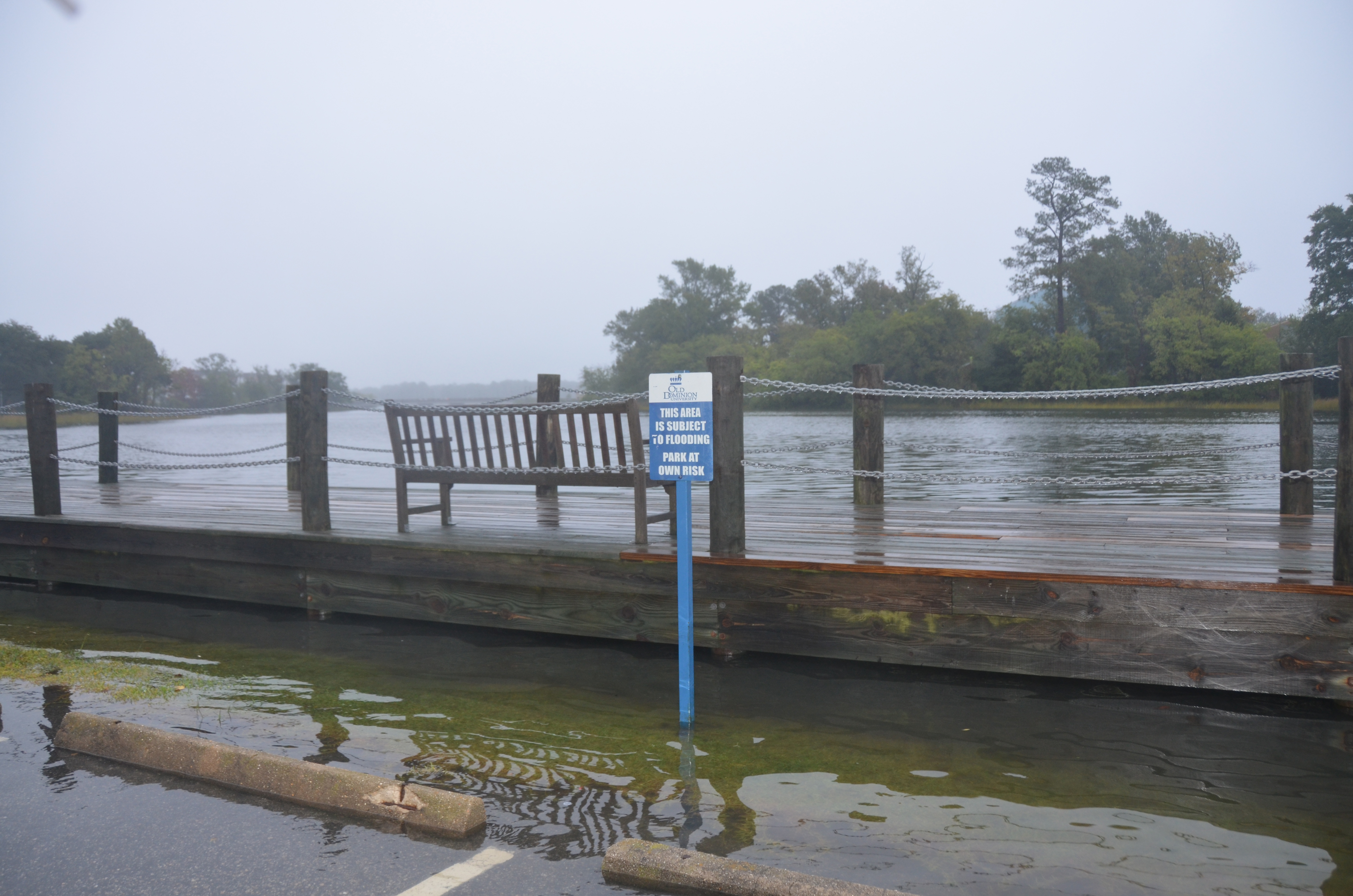Watch the ‘Great American’ Solar Eclipse at Kaufman Mall Aug. 21
As one of only two official NASA viewing locations in the Commonwealth, Old Dominion University is expecting large numbers of spectators for the near-total eclipse of the sun on Aug. 21.
The viewing event will be held at Kaufman Mall from 1- 4:30 p.m. At 2:45 p.m., maximum coverage of about 90 percent of the sun is expected.
Event parking is available where signs are posted at the the Elkhorn Ave./43rd Street garage (A), on the first and second levels; and in the stadium garage on 49th street, levels 3-5 as well as the metered area; and in the 43rd St./Bluestone Ave. garage on levels 2-4. Parking tickets will not be issued for parking in these designated areas.
The University's Pretlow Planetarium will have telescopes on hand for viewing as well as special glasses for the public to use for safely viewing the eclipse. There will also be games and prizes at the event.
Scientists are calling the phenomenon, the 'Great American' eclipse because it's the first total eclipse to cross the U.S. in almost 100 years.
"There' s about 14 states that will get to witness a total eclipse but everyone in the U.S. will see about 50 percent of it," said Justin Mason, the University's Pretlow Planetarium director. "The next one will be in 2024."
Virginia is not in the path of totality for the upcoming eclipse, which means Virginians will not see the full coverage of the moon blocking the sun. However, sightseers in Oregon, Idaho, Wyoming, Montana, Nebraska, Iowa, Kansas, Missouri, Illinois, Kentucky, Tennessee, Georgia, and North and South Carolina will witness the full eclipse.
Eclipse Fun Facts:
What is an eclipse: An eclipse is when an object in space obscures or blocks the light from another object.
There are two types of eclipses on earth: a solar eclipse and a lunar eclipse. A solar eclipse occurs when the moon moves between the sun and earth, blocking the sunlight and casting a shadow onto earth. A lunar eclipse occurs when earth moves between the sun and the moon, with its shadow blocking the sunlight that causes the moon to shine.
There are four types of solar eclipses: Total, partial, annular and hybrid. A total eclipse happens when the moon completely covers the sun. A partial eclipse occurs when the moon passes in front of the sun, off center and only a portion of the sun's disk is obscured. An annular eclipse occurs when the moon passes dead center in front of the sun, leaving the sun's visible outer edges to form a ring of fire. A hybrid eclipse is a combination of total and annular eclipses.
There are three types of lunar eclipses: Total, partial and penumbral. A total lunar eclipse occurs when the moon and the sun are on exact opposite sides of earth. A partial lunar eclipse happens when only a part of the moon enters earth's shadow. A penumbral lunar eclipse occurs when the sun, earth and the moon align in an almost straight line. When this happens, the earth blocks some of the sun's light from directly reaching the moon's surface and covers all or part of the moon with the outer part of its shadow, also known as the penumbra.
Eclipse history: According to NASA's website, the earliest writings of eclipse discovery is around 5,000 years old.




